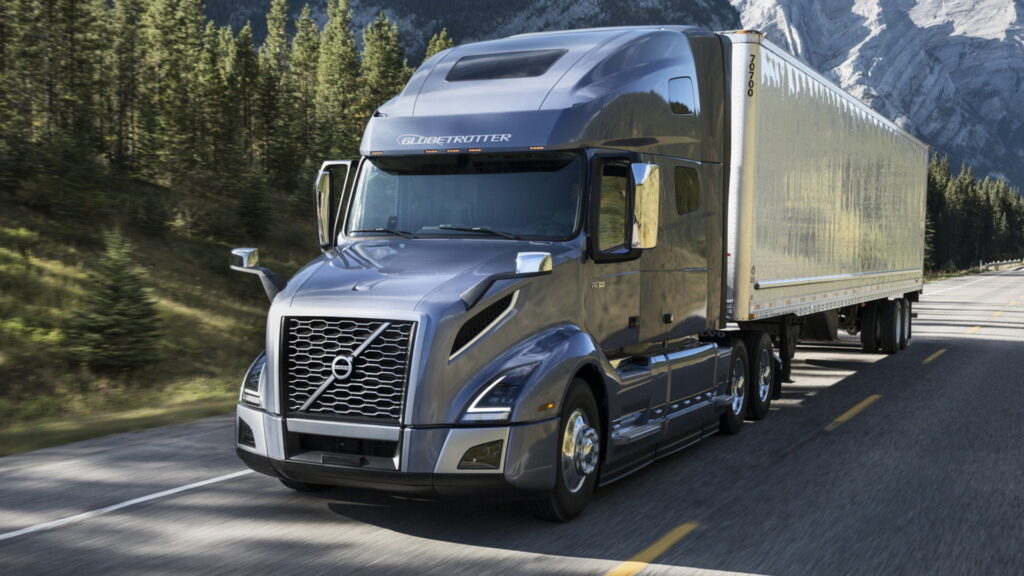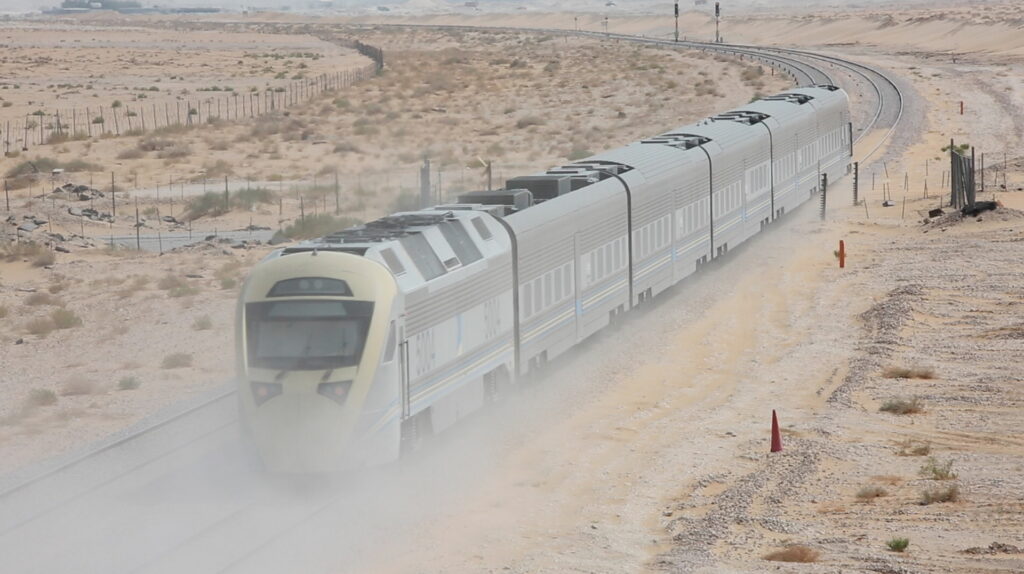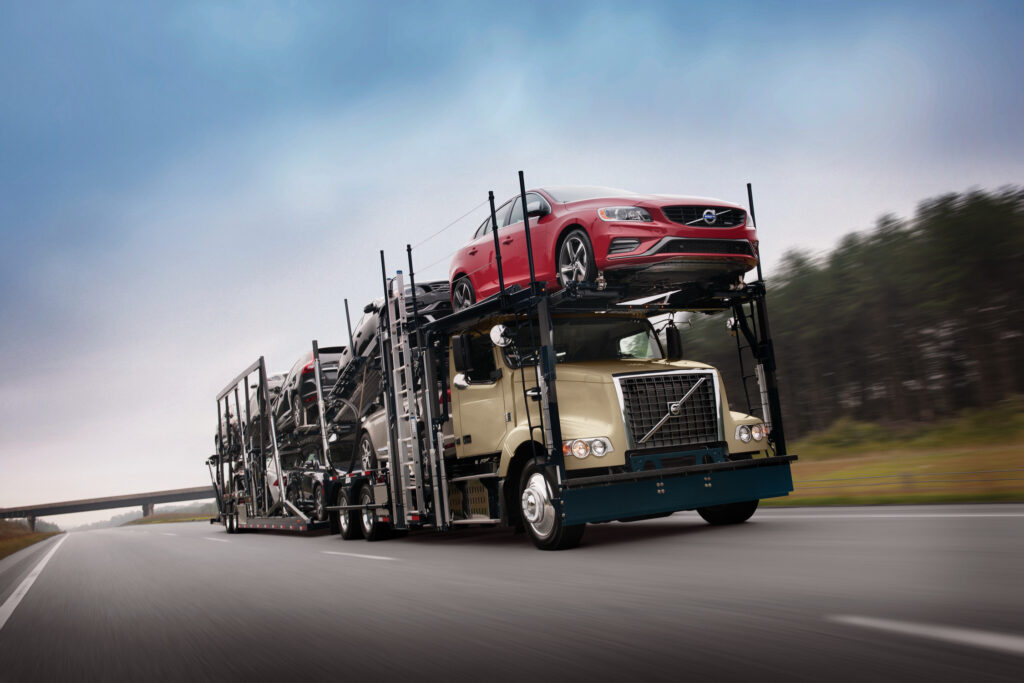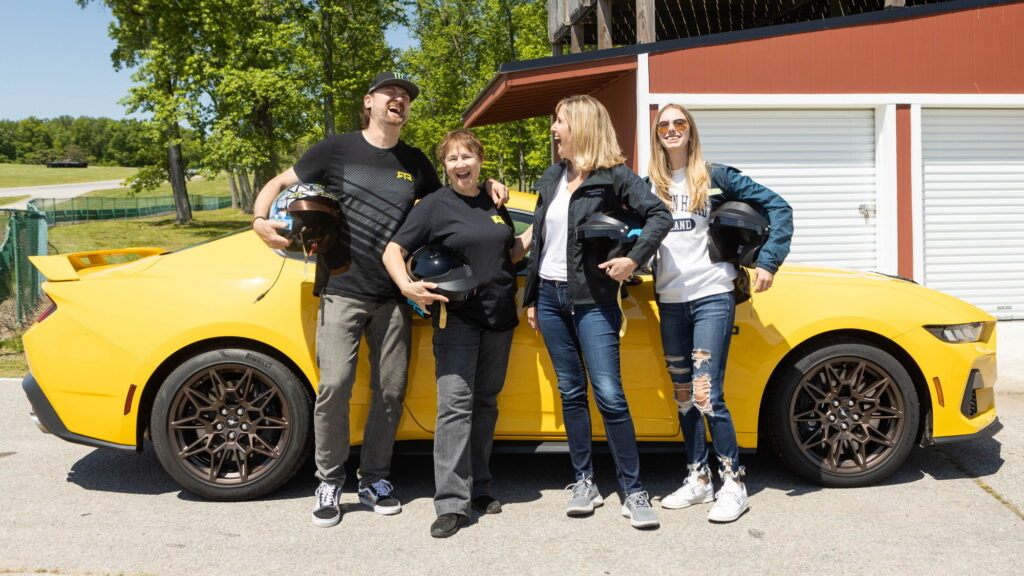At the forefront of the fight against climate change, California has taken another step forward by announcing a ban on the sale of new diesel trucks by 2036 and non-electric trains by 2030. This decision will have a significant impact on the future of transportation, not only in California but also on a global scale.

What led to this decision?
The decision to ban the sale of new diesel trucks and non-electric trains was made by the California Air Resources Board (CARB), a regulatory agency that oversees air quality in the state. The decision was based on the need to reduce greenhouse gas emissions and improve air quality, as diesel engines are a major source of air pollution.
- Advertisement -
Also Read: Mumbai airport introduces 45 electric vehicles to reduce carbon footprint.
The trucking industry is one of the largest sources of greenhouse gas emissions in the United States. The ban on the sale of new diesel trucks will force the industry to transition to zero-emission vehicles, such as electric or hydrogen fuel cell trucks. This will be a major challenge for the industry, as the technology for zero-emission trucks is still in its early stages of development, and the infrastructure for charging or refueling these vehicles is not yet widely available.
However, this ban is also an opportunity for the trucking industry to innovate and develop new technologies that can reduce greenhouse gas emissions and improve air quality. The industry can also benefit from incentives and funding that the government may offer to support the transition to zero-emission vehicles.
What about non-electric trains?
The ban on non-electric trains will also have a significant impact on the transportation industry, as diesel trains are a major source of air pollution. This ban will force the industry to transition to electric or other zero-emission trains, which can help reduce greenhouse gas emissions and improve air quality.
- Advertisement -

The transition to electric trains will require significant investments in infrastructure, such as the installation of electric power lines and charging stations. However, this transition can also create new job opportunities in the industry, such as in the manufacturing and maintenance of electric trains and infrastructure.
The ban on the sale of new diesel trucks and non-electric trains will help California achieve its goal of reducing greenhouse gas emissions to 40% below 1990 levels by 2030. This will also help improve air quality and reduce the health risks associated with air pollution, particularly in urban areas.
Interesting: Making the Entire U.S. Car Fleet Electric Could Cause Lithium Shortage.
In addition, this decision can help stimulate innovation in the transportation industry, leading to the development of new technologies and solutions that can reduce greenhouse gas emissions and improve air quality.
- Advertisement -
CARB says that it will ultimately deliver $26.5 billion in savings due to reduced costs associated with pollution-related health problems. By 2050 it believes that fleet owners will save an estimated $48 billion due to lower operating costs as well. he rules apply to both public and private fleet operators, including last-mile delivery vehicles, big rigs, and even postal vehicles.
“Locomotives are a key part of California’s transportation network, and it’s time that they are part of the solution to tackle pollution and clean our air,” said CARB Chair Liane Randolph. “With the new regulation, we are moving toward a future where all transportation operations in the state will be zero emissions.”
Not all support the effort to reduce emissions in this manner. “There is no clear path to zero emissions locomotives,” the Association of American Railroads said after the regulation was approved.
“Mandating that result ignores the complexity and interconnected nature of railroad operations and the reality of where zero emission locomotive technology and the supporting infrastructure stand,” it added.
A truck driver speaking to the LA Times expressed his mixed feelings. “I’m in a truck all day I’m at the ports,” Enrique Rivas said. “I know what it’s like to inhale diesel all day long. There’s a lot of us out here, owner-operators trying to live the American dream and own your own little business.”
“I hope you guys consider us — there’s a lot of us,” he added. “Just remember that if trucks stop, you know, everything stops. … I’m all for it. But I hope you guys can give us a little bit more time because it’s expensive to do all these things.”
- Advertisement -











